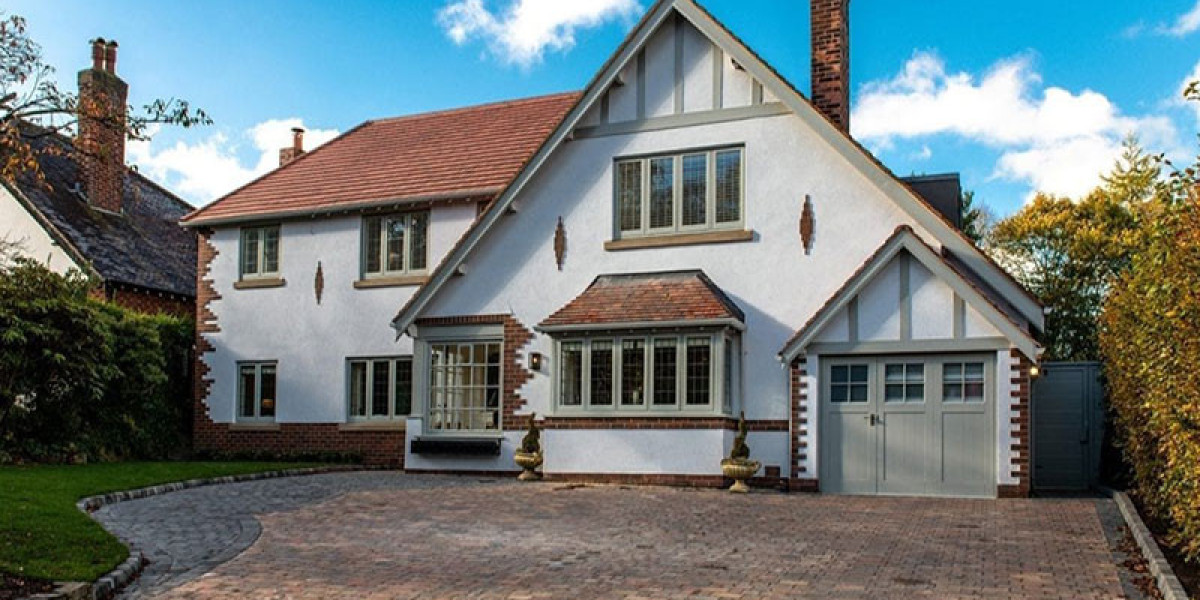Here’s a step-by-step guide to help you build a real estate investment business from the ground up.
? 1. Get Educated (Before You Get Started)
Before you dive in, take time to understand the basics of real estate investing.
Learn about:
Different investment strategies (buy-and-hold, flipping, BRRRR, wholesaling)
How financing works (mortgages, hard money, private lenders)
Key financial metrics (cash flow, ROI, cap rate, equity)
Resources:
Books like Rich Dad Poor Dad or The Millionaire Real Estate Investor
YouTube channels and podcasts
Real estate investing courses (some free, some paid)
? 2. Define Your Investment Strategy
Don’t try to do everything. Start by choosing one investment approach that fits your budget, time, and risk tolerance.
Common beginner strategies:
Buy and hold: Purchase rental properties for long-term cash flow and appreciation.
Fix and flip: Buy undervalued homes, renovate, and sell for profit.
House hacking: Live in one unit of a multi-family home and rent the others.
Wholesaling: Find off-market deals and assign contracts for a fee—no capital needed.
Your strategy will guide your financing, property type, and location.
? 3. Set Up a Legal Business Structure
If you're serious about turning this into a business, protect yourself legally and financially.
Start with:
Forming an LLC for liability protection and potential tax advantages
Opening a separate business bank account
Keeping all business income and expenses organized
Talk to a CPA or attorney familiar with real estate investing to make sure you're set up correctly.
? 4. Secure Your Financing
You don’t need to be rich to invest—you just need the right funding strategy.
Financing options:
Conventional or FHA loans (for house hackers or first-time investors)
Hard money loans (great for flips or BRRRR deals)
Private lenders (friends, family, or investor partners)
HELOCs or home equity loans (use equity in your home)
Seller financing or lease options
Get pre-approved or build relationships with lenders before shopping for deals.
? 5. Start Looking for Deals
Now it’s time to find your first property. Focus on finding undervalued or underperforming real estate with potential for profit.
Where to look:
MLS (with the help of an investor-friendly agent)
Foreclosures and auctions
Off-market deals via direct mail or cold calling
Wholesalers and investor networks
Facebook groups, Craigslist, and local real estate meetups
Always run the numbers and perform due diligence before making an offer.
? 6. Analyze Every Property Like a Business Decision
Every purchase should be based on data, not emotion.
Use a deal analyzer to evaluate:
Cash flow (rent – expenses)
Cap rate (annual net income ÷ purchase price)
Cash-on-cash return
ARV (after-repair value) if you're flipping or rehabbing
Make sure your deal aligns with your investment goals and risk tolerance.
? 7. Build Your Dream Team
You don’t have to do this alone—successful investors build a team early.
Your real estate team might include:
Agent or broker (preferably investor-savvy)
Lender or mortgage broker
Property manager
Contractor/handyman
CPA or tax advisor
Real estate attorney
Mentor or accountability partner
Strong relationships lead to faster growth and fewer mistakes.
? 8. Track Your Performance and Grow Strategically
Once your first deal is done, focus on optimization and scaling.
Key tips:
Use property management tools (like RentRedi, Buildium, or AppFolio)
Keep clean financial records
Reinvest profits into new deals (e.g., using the BRRRR strategy)
Avoid overleveraging—manage risk and cash flow
Treat every property like a small business, and focus on steady, intentional growth.
✅ Final Thought
Building a real estate investment business from scratch takes effort—but it’s absolutely achievable. With a clear strategy, strong foundation, and consistent action, you can go from beginner to full-time investor over time.
Important Links
Tampines Street 95 EC Developer
Tampines Street 95 EC Project Details
Tampines Street 95 EC Location
Tampines Street 95 EC Site Plan
Cost Breakdown of Owning a Condo in Singapore
Pet-Friendly Condominiums That Are Gaining Popularity in Singapore
Condo Amenities That Add the Most Value for Resale
What to Know Before Buying a Home in a New Neighborhood
What Increases the Value of a Home Before Selling?
Tampines Street 95 EC Urban Pulse Deep Dive
Tampines Street 95 EC Developer
Tampines Street 95 EC Location
Tampines Street 95 EC Site Plan







